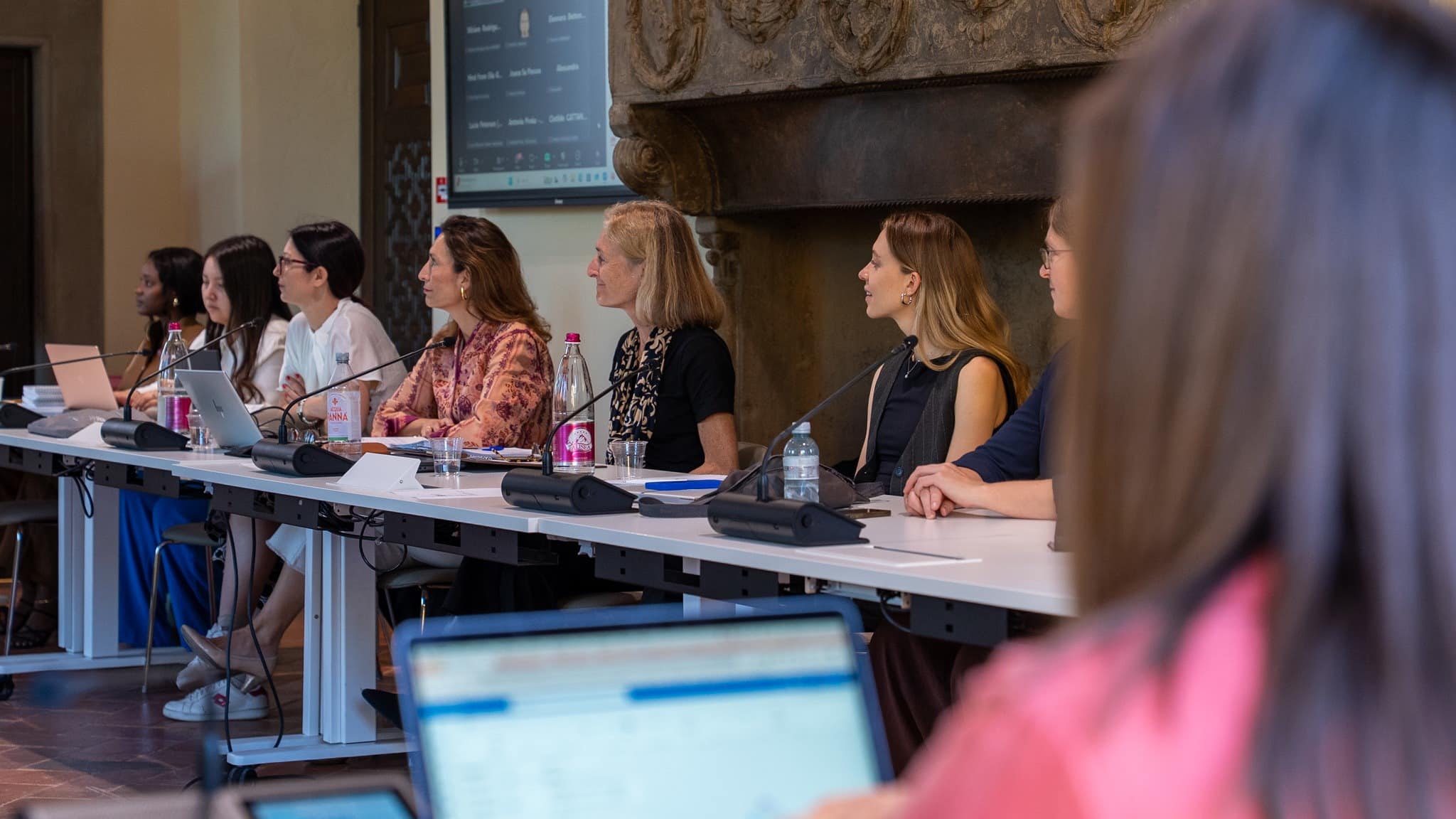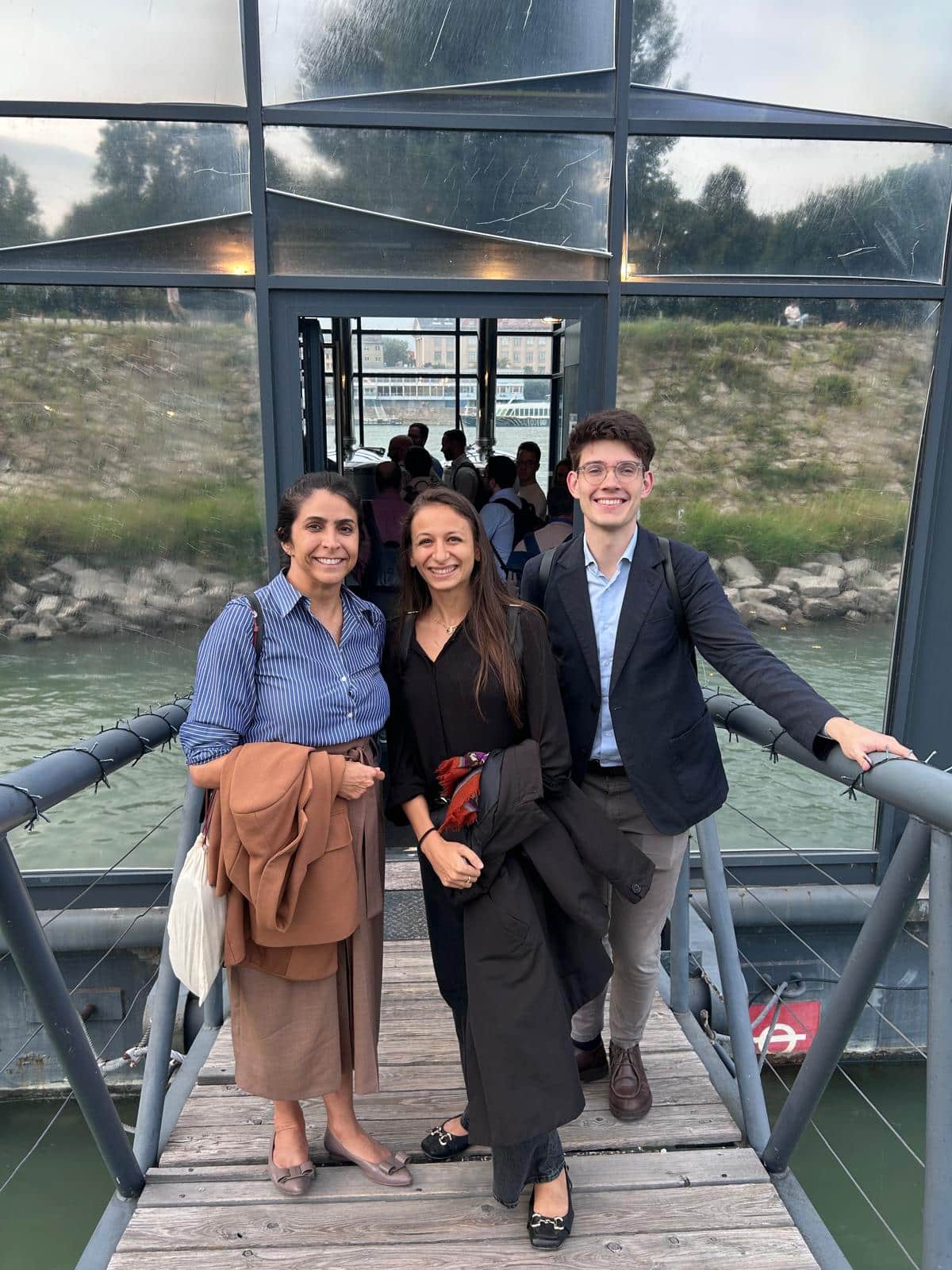The Digital Governance Challenge – workshop series

This workshop on major governance challenges triggered by the current digital transformation is co-organized by the Florence School of Regulation and the Dauphine-PSL ‘Governance & Regulation Chair’.
We are witnessing the development and integration of a set of technologies that tend to radically transform the capabilities to process and circulate information, and therefore to coordinate. Indeed, these technologies now enable a seamless and ubiquitous access to information, a just-in-time and adaptive processing of this information at low cost, and an algorithmic way of guaranteeing compliance with rules. This represents a high potential for designing and implementing more agile and customized modes of coordination — thanks to the combination of horizontal information sharing, low cost contracting and decentralized enforcement—and of more responsive modes of governance; based on agile and pervasive digital capabilities enabling to quickly adapt to new information. It also supports more decentralized and organic mechanisms of governance, which might replace more hierarchical one since digital systems can support self-governed collective actions and the decentralized matching of available resources with individual needs.
As a result, several traditional mechanisms of coordination are challenged. Hierarchical organizations, for instance, are questioned by horizontal, peer-based, forms of organizations that allow rapid adaptation to incremental evolutions of needs, and resilience when shocks occur. The role of the government might of course also be questioned in this overall framework.
Bringing together a group of prominent academics and practitioners from the public and private sectors, whose research or action explore the links between digital transformation and the reshuffling of governance mechanisms, this workshop aims at enabling us to deepen our understanding of their close interactions.
Sessions
Six main topics will be covered during six online sessions, to be organised each Friday from 12:00 p.m. to 1:30 p.m. CET, from January 15th to February 19th:
Session 1
The opportunities and challenges raised by digital technologies for the economy and for society (January 15th)
Jean-Michel Glachant | Florence School of Regulation/RSCAS/EUI
Eric Brousseau | Scientific director, Governance and Regulation Chair and Club of Regulators
Robert Madelin | Chairman of FIPRA International
Margareta Chesaru | Public Affairs Manager, UiPath
Huy Nguyen Trieu | Co-Founder CFTE
Agustín Reyna | Director, Legal and Economic Affairs
Rolf Riemenschneider | Head of Sector “Internet of Things”, DG Connect, European Commission
William E. Kovacic | Global Competition Professor of Law and Policy at George Washington University Law School
Session 2
The transformation of political governance and public institutions (January 22nd),
Maria Petrova | ICREA Research Professor at the Universitat Pompeu Fabra
Thierry Vedel , CEVIPOF-Sciences Po
Antonio Nicita | Professor of economic policy at Rome Lumsa University
Pierre Pezziardi | Entrepreneur, author, cofounder of beta.gouv.fr
Alexis Tsoukias | Scientific director, CNRS
Andrea Renda | Head of Global Governance, Regulation, Innovation and the Digital Economy (GRID) at CEPS
Sjef van Erp | Professor emeritus of European private law at Maastricht University
Session 3
The impact of digital technologies on social and civic life (January 29th)
Jean-Samuel Beuscart | Orange Labs
Doaa Abu Elyounes | Harvard University
Jamal Atif | Paris Dauphine-PSL University
Bertin Martens | Joint Research Centre (Seville) of the European Commission
Serge Abiteboul | Autorité de Régulation des Communications Electroniques et de la Poste
(Arcep)
Miguel Amaral | The Organisation for Economic Co-operation and Development (OECD)
Bertrand Pailhès | Head of Technology and Innovation, CNIL
Session 4
The regulation of the digital industry (February 5th)
Viktor Mayer-Schönberger| Oxford Internet Institute, University of Oxford
Anne Yvrande-Billon| Autorité de Régulation des Communications Electroniques et des Postes (ARCEP)
Leigh Hancher | University of Tilburg & Florence School of Regulation / Robert Schuman
Centre for Advanced Studies / European University Institute
Denis Berthault | GFii – Groupement Français de l’Industrie de l’Information
Werner Stengg | European Commission
Martin Cave | Office of Gas and Electricity Markets (Ofgem)
Martin Peitz| University of Mannheim & Mannheim Centre for Competition and Innovation (MaCCI)
Session 5
The challenges for sovereignty, security, rights, and the rule of law (February 12th)
Jan Aart Scholte| Leiden University & University of Duisburg-Essen
Joëlle Toledano | Paris Dauphine University
João Ricardo Vasconcelos| Organisation for Economic Co-operation and Development (OECD)
Benjamin Revcolevschi | Fujitsu France
Yves-Alexandre de Montjoye | Imperial College London
Mike Bracken | Public Digital UK
Frank Bannister | Trinity College Dublin
Session 6
Global governance and international relations (February 19th)
Howard Shelanski | Georgetown University
Winston Maxwell | Télécom Paris – Institut Polytechnique de Paris
Meryem Marzouki | French National Scientific Research Center (CNRS)
Didier Navez | Dawex
Mérouane Debbah | Huawei R&D France
Henri Verdier | French Ministry of Foreign Affairs
Paul Seabright | Toulouse School of Economics
Learning objectives
The objective of this workshop is threefold:
- to explore how the pillars of a European approach in this area could be developed;
- to identify the levers of a research and action program to build this approach;
- to initiate a partnership to manage a work program.
The expected outcome of this workshop will combine the production of a “white paper” aimed at framing the debate, and the elaboration of a “work program” to be carried out in the framework of an initiative to be hosted by the European University Institute and a set of partners both within and beyond the academia.
Please note: this workshop is a closed event. You may find more information here.
In collaboration with:

Don’t miss any update on our events
Sign up for free and access the latest events from our community.














